Amid nationwide mass protests across Iran, human rights activists have raised concerns that the country’s judiciary system may secretly execute two female LGBTQ+ activists, who have been on death row since early September.
Activists have warned that with the international focus on the ongoing protests, sparked by the death in custody of 22-year-old Mahsa Amini, the two executions may go ahead.
A 31-year-old blogger called Zahra Sedighi-Hamedani, known as Sareh, and 24-year-old Elham Chubdar, both members of the LGBTQ+ community, were sentenced to death by the Revolutionary Court of Urmia in the northwest of Iran.
The case is thought to be the first time that a woman has been sentenced to death in Iran for her sexual orientation, according to civil rights groups.
The two women were convicted of "spreading corruption on earth", a charge that has frequently been used against those deemed to have broken the country's strict Islamic Sharia laws. Iranian judiciary authorities use the term to refer to a range of offences, including those related to “Islamic morals”.
Now, with the domestic and international focus on the anti-government protests, activists are concerned that the Iranian authorities may execute them in secret, without any public announcement.
The two women were told of their death sentences while in detention in the female wing of the Urmia prison. Mizan, the news site of Iran's judiciary, later confirmed this but accused the two of "human trafficking", rather than activism.
"Contrary to the news posted online and the rumours that have been spread, these two individuals have been accused of deceiving women and young girls, and trafficking them to one of the countries in the region," Mizan reported.
Hamedani was arrested on October 27, 2021, by the Islamic Revolutionary Guard Corps (IRGC) while attempting to cross into Turkey to seek asylum. She had previously been arrested and imprisoned in Iraqi Kurdistan for videos posted on her social media, in which she talked about living as a gender-nonconforming person in the region.
A third woman, 52-year-old Soheila Ashrafi from Urmia, has been accused as part of the same case. She is now in custody and awaiting a verdict. There is little information about her and Elham Chubdar available.
According to civil rights groups, Hamedani was deprived of the right to a lawyer during her detention.
Amnesty International has raised the alarm over the case, saying that the women are being held arbitrarily, according to international law.
Amnesty declared that Hamedani is under arrest "arbitrarily against international rules” and is being detained due to her sexual orientation, real or assumed gender identity, and her posts and statements on social media in defence of the Iranian LGBTQ+ community.
The United Nations has called on Iranian authorities to grant a stay of execution.
“We strongly condemn the sentencing of Ms Sedighi-Hamadani and Ms Chubdar to death and call on authorities to stay their executions and annul their sentences as soon as possible,” the United Nations said in a statement. “Authorities must ensure the health and well-being of both women, and promptly release them from detention.”
“We call on Iran to repeal the death penalty, and at a minimum reduce the scope of its application to only criminal actions that meet the threshold of the most serious crimes,” the statement concluded.
Homosexuality is illegal in Iran and is among crimes like sodomy, rape, adultery, armed robbery and murder that can lead to the death penalty. The Islamic Republic is considered to be one of the most repressive places in the world for LGBTQ+ people.
Iran's Supreme Leader Ayatollah Ali Khamenei has previously described homosexuality as part of a “moral deprivation” widespread in western civilisation.
The country’s judicial system executed two members of the community earlier this year after they spent six years in prison, sparking international condemnation.
Mehrdad Karimpour and Farid Mohammadi were executed in the northwestern city of Maragheh in February 2022.
visit the accountability section
In this section of Iran Wire, you can contact the officials and launch your campaign for various problems




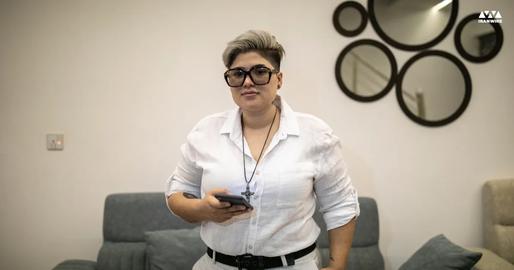
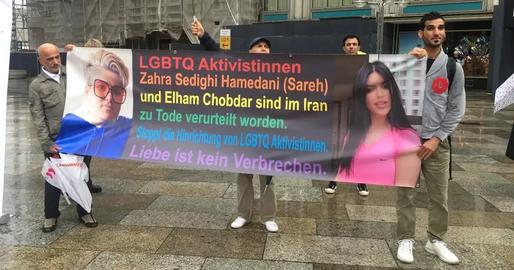





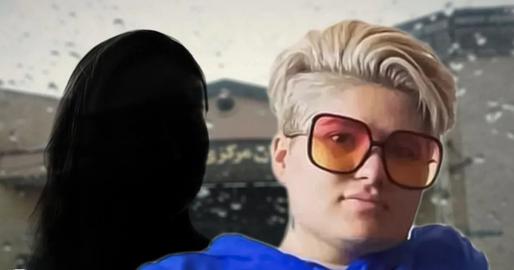
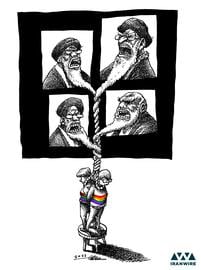
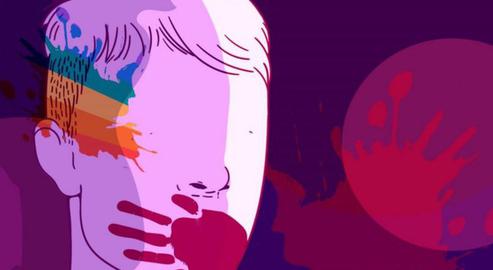
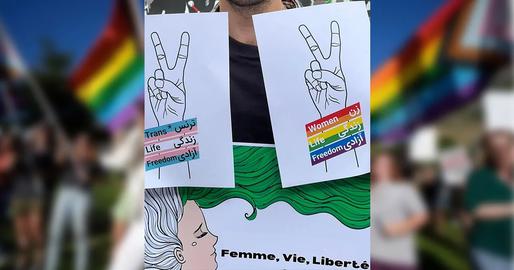










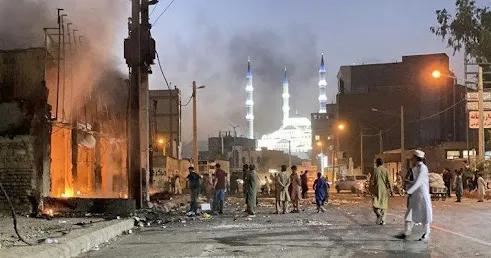
comments